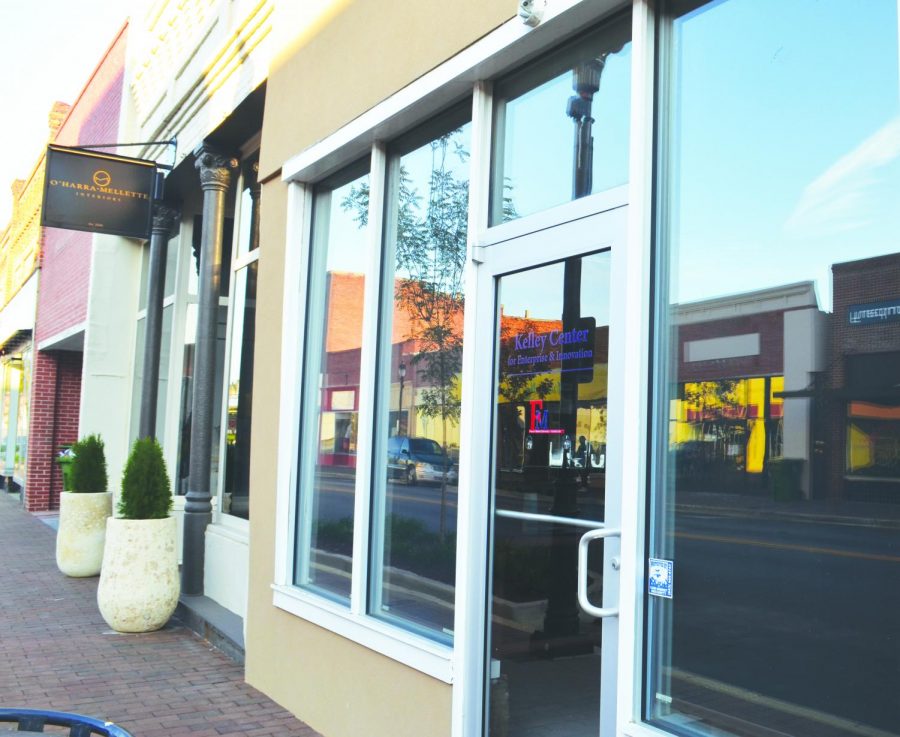Kelley Center, School of Business to host community business class
Photo by: Rosaline Abuaita
The FMU School of Business and Kelley Center for Enterprise and Innovation are partnering to provide a class for business leaders.
The FMU School of Business and the Kelley Center for Enterprise and Innovation are offering a corporate leadership course next semester to local business owners and employees.
The two entities will begin the Certificate in Executive Leadership course in February, which will provide information on how to improve one’s leadership and management skills in the business world.
Through the four installments of the course held at the Carter Center for Health Sciences, participants will complete associated coursework to earn the certificate.
FMU faculty, staff and community business leaders will collaborate to instruct participants in four focal areas of business: comprising effective leadership, financial management, organizational culture, and developing and implementing strategies.
Dr. Hari Rajagopalan, dean of the FMU School of Business said the course originated from FMU’s mission to serve the Pee Dee region.
“We serve it in the form of providing educational opportunities for people and high social mobility for our students after they graduate,” Rajagopalan said. “From the School of Business’s perspective, it would be ideal to reach out to the business community, and the Kelley Center has already done work with the business community. We decided this would be a great program to offer as a workshop for upcoming leaders of the community.”
Rajagopalan said the School of Business has the expertise in these areas and has made a decided effort to be involved for a year and a half. Since the Kelley Center has worked with businesses for some time, they wanted to work with the Kelley Center to build the program and create strong ties with the participants.
Executive Director of the Kelley Center Brianna Dennis said the course would serve as a great opportunity to aid leaders’ development.
“The Certificate in Executive Management program will provide an opportunity for companies in the region to grow leaders,” Dennis said. “As a leader, individuals have to understand the whole picture to make decisions.”
In addition to the three hours of course credit and the certificate upon completion, Rajagopalan said each of the four components help participants gain indispensable skills.
“The first component of leadership talks about how you build leadership skills,” Rajagopalan said. “Organizational culture includes how you handle conflict management, a diverse workforce, diverse customers and social media. The financial management aspect talks about how managers deal with budgets. And the strategic planning component will help leaders and growing managers to think strategically.”
According to Rajagopalan, the School of Business is hoping to have a group of 25-30 people from different businesses. So far, Hope Health, ACS Technologies and First Reliance plan to participate in the program. Other companies, such as Honda, have expressed interest as well.
Dennis, who has experience with the Kelley Center’s network with local businesses, said she has noticed a considerable response from various industries.
“We are still in the midst of recruiting, so I think the pool of participants will be varied, which will only enhance the program through sharing different industry experiences,” Dennis said.
Even though this is the pilot program of a course of this nature, Rajagopalan said he is encouraged by the response it has had.
